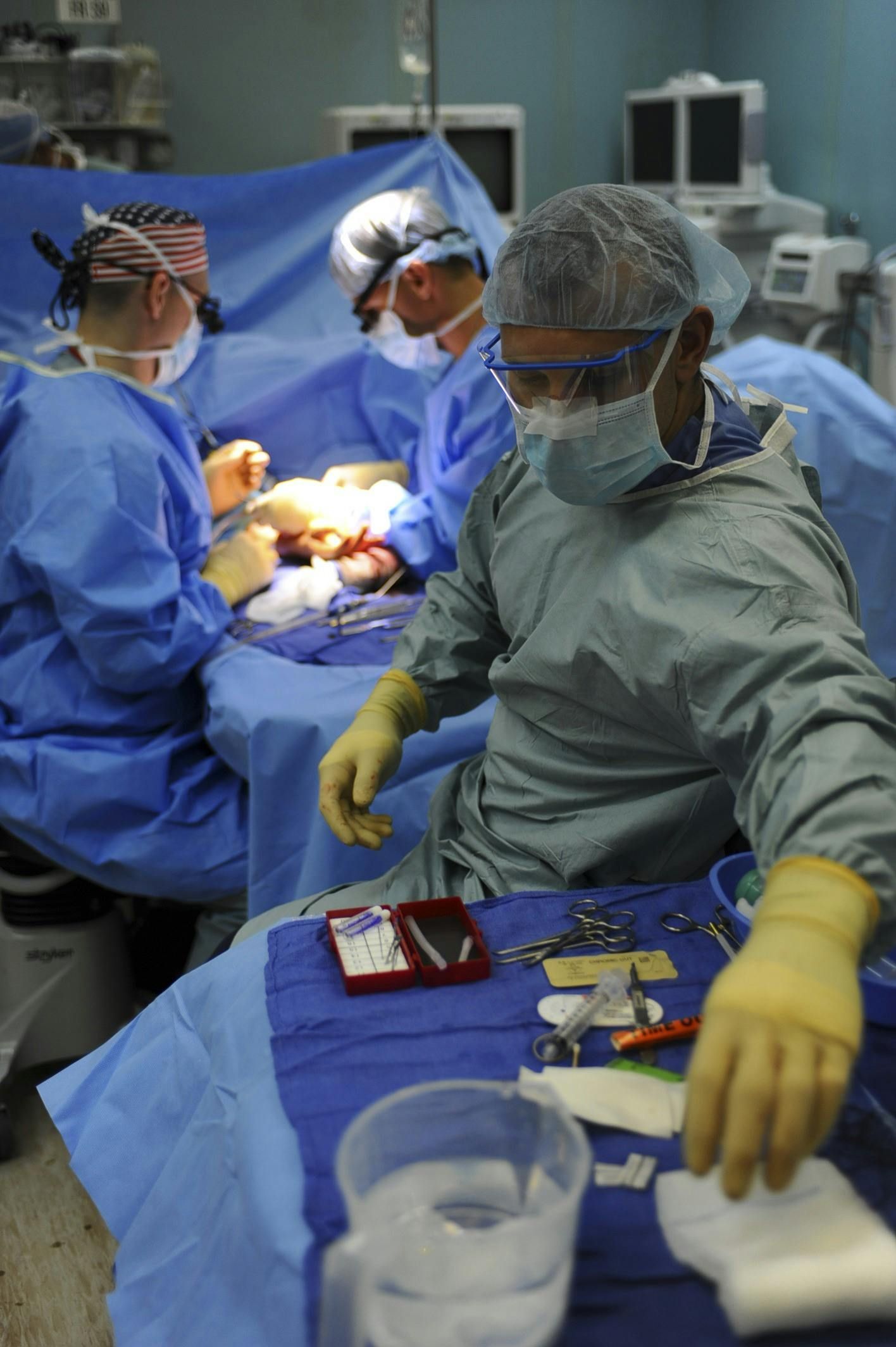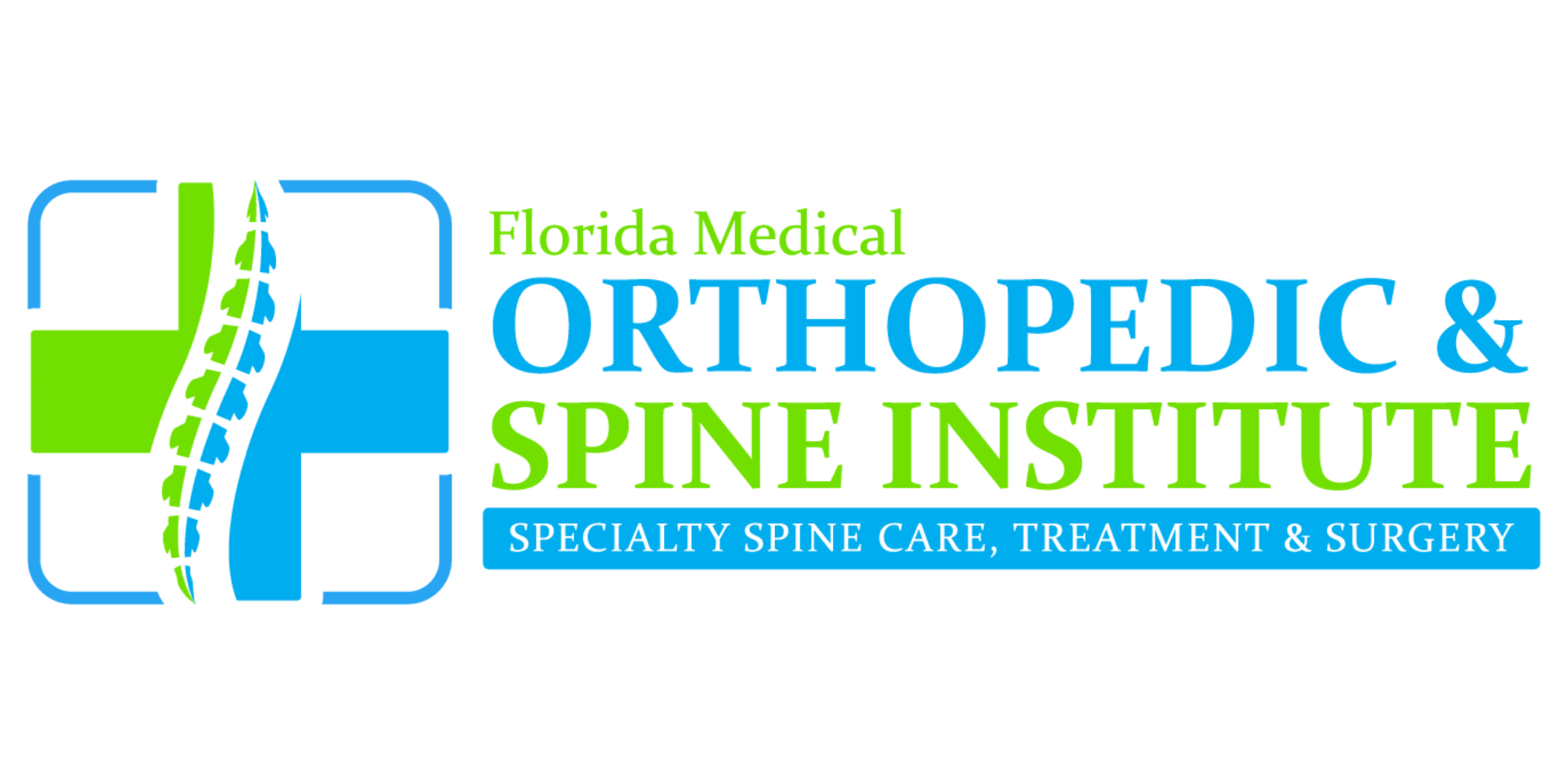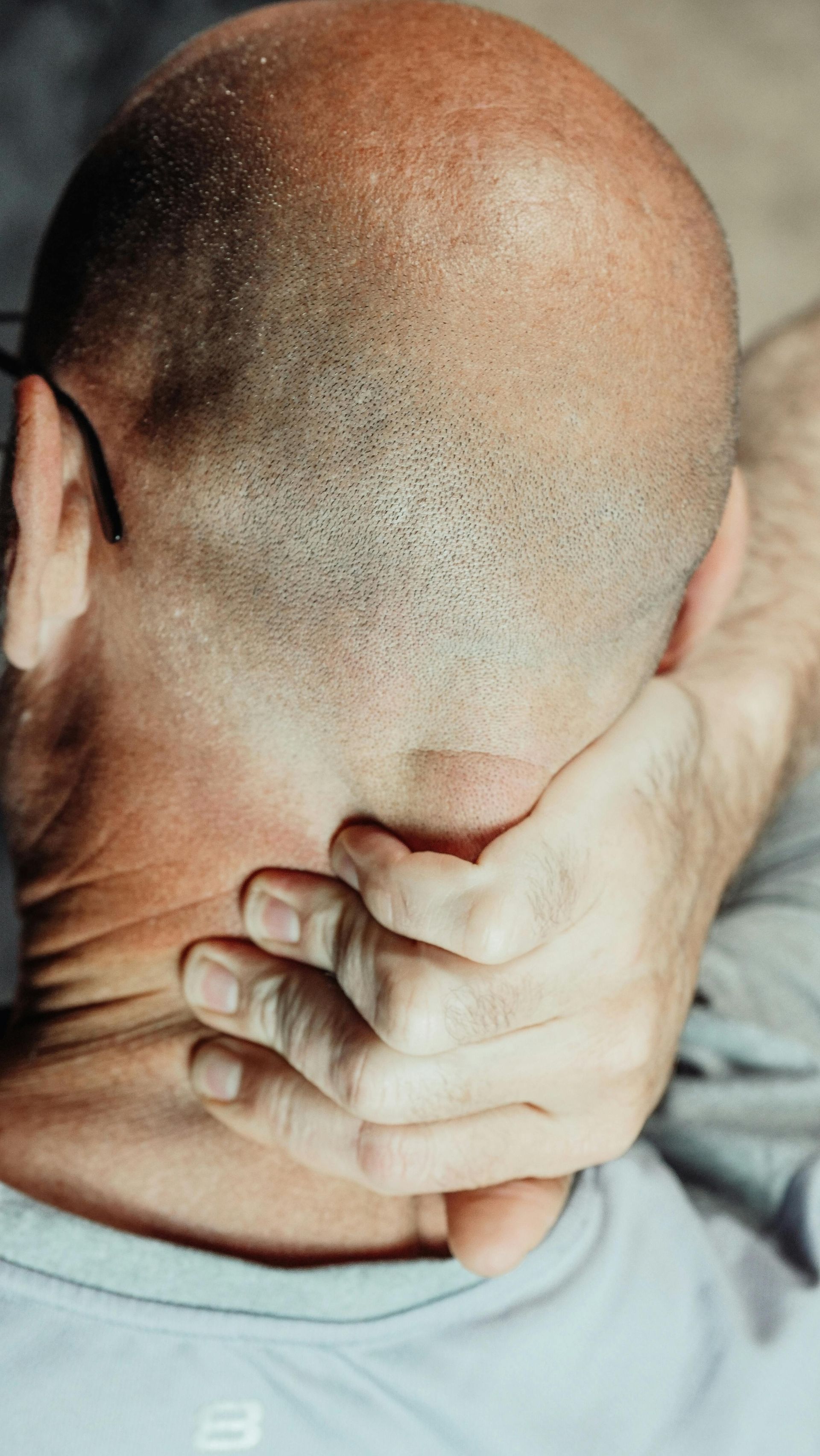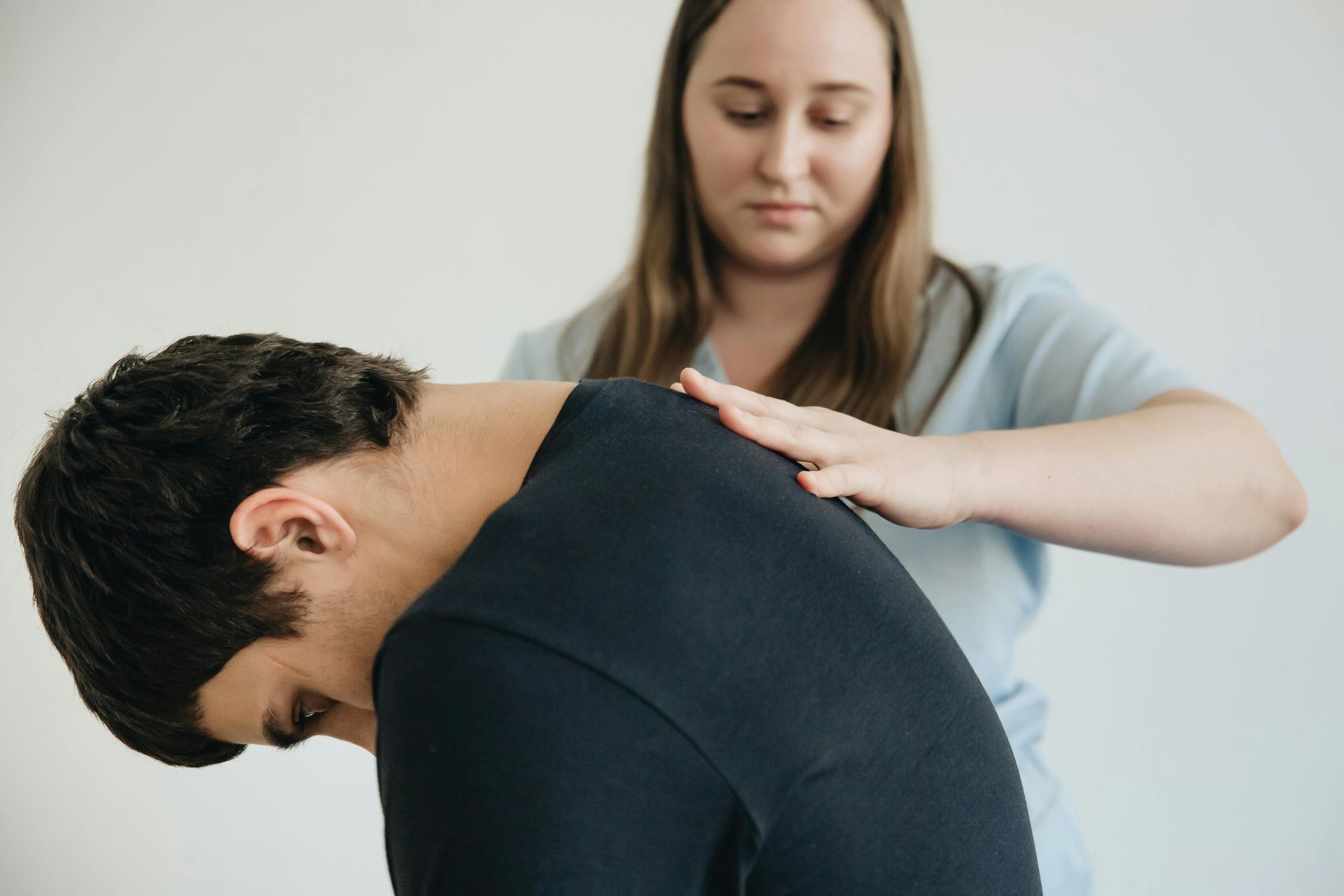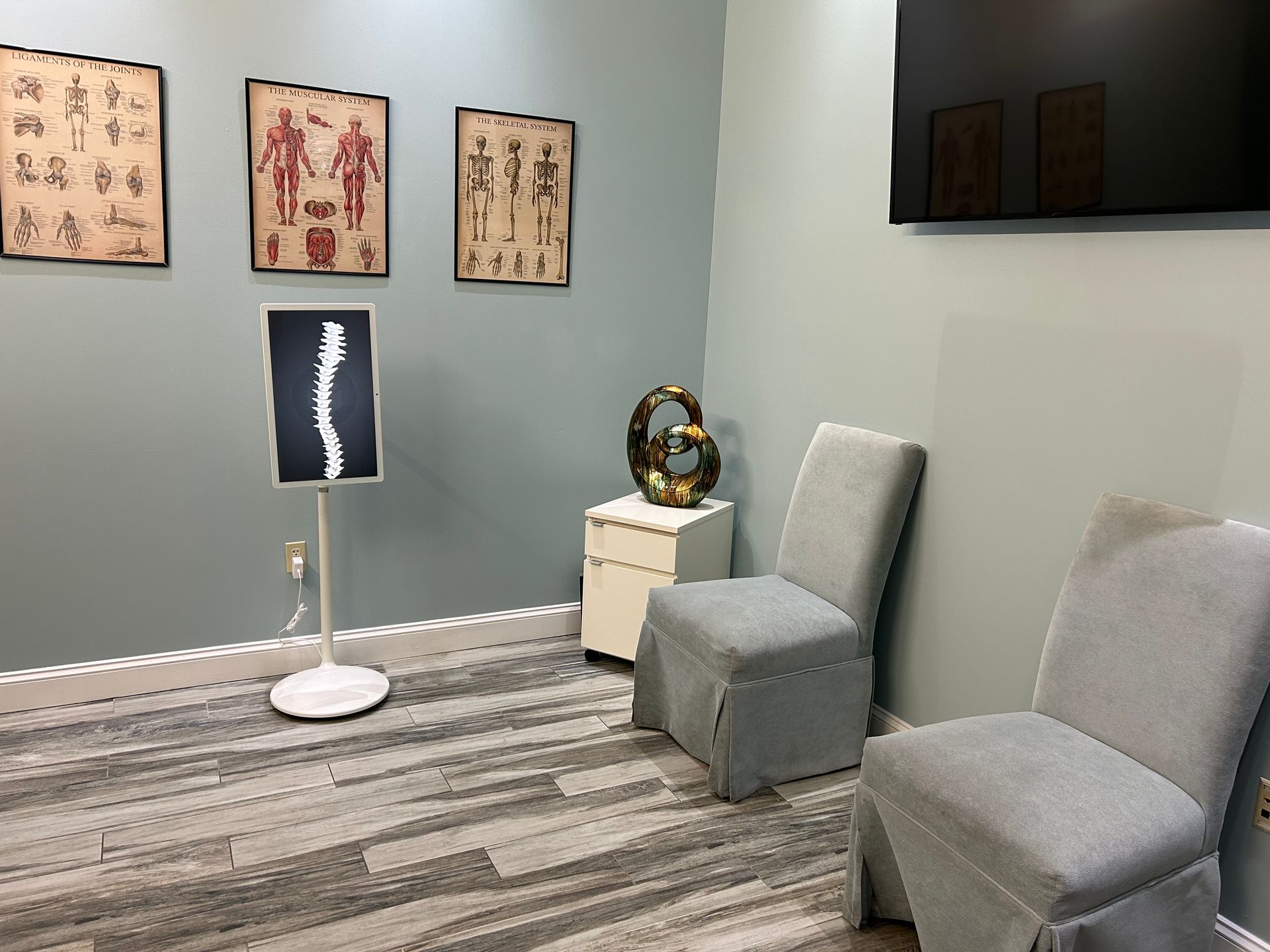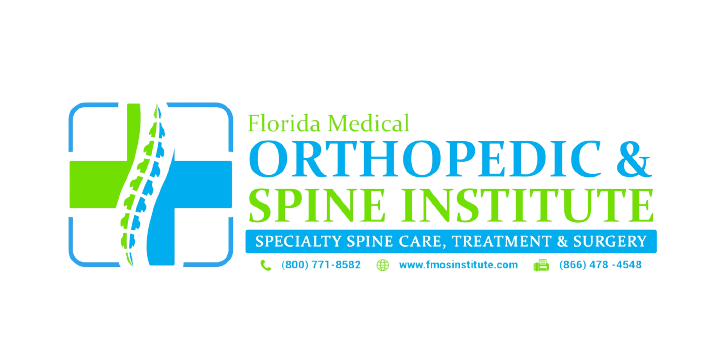The Long-Term Effects of Accident Injuries
Act Fast: Every Hour After an Accident Matters!
At Florida Medical Orthopedic & Spine Institute, we understand that time is of the essence following an accident. Each hour that passes can significantly impact your recovery and overall wellbeing. Our dedicated team of experienced physicians specializes in both surgical and nonsurgical treatments for musculoskeletal conditions, ensuring you receive the most effective pain management solutions tailored to your needs. Prompt intervention not only alleviates immediate discomfort but also prevents potential complications down the line. Don’t let the clock work against you—reach out to us and let our compassionate professionals guide you on your journey to optimal health and recovery.
Contact Us Today
Have a question? Looking for treatment? We’re here to help. Send us a message and we’ll be in touch.
The Unseen Aftermath: Understanding the Long-Term Effects of Accident Injuries
The immediate aftermath of an accident is often chaotic and painful. Emergency services, initial medical assessments, and the shock of the event take center stage. However, for many individuals, the impact of an accident extends far beyond the initial days or weeks of recovery. As personal injury doctors, we frequently witness and treat the long-term consequences that can significantly alter a person's life. Understanding these potential long-term effects is crucial for patients to seek appropriate ongoing care and for them to be aware of the full scope of their injuries.
Persistent Physical Ailments:
One of the most common long-term effects is chronic pain. What might initially seem like a manageable sprain or strain can evolve into persistent pain that lasts for months, years, or even a lifetime. Conditions like whiplash can lead to chronic neck pain and stiffness, headaches, and limited range of motion. Back injuries, such as herniated discs or facet joint damage, can result in ongoing lower back pain, sciatica (nerve pain radiating down the leg), and difficulty with daily activities like lifting or even sitting for extended periods.
- Degenerative Joint Disease/Arthritis: Trauma to a joint from an accident can accelerate the wear and tear process, leading to post-traumatic arthritis. This can cause persistent pain, swelling, and stiffness in the affected joint(s) years after the initial injury.
- Neurological Issues: Traumatic Brain Injuries (TBIs), even those initially diagnosed as "mild" concussions, can have lingering effects. These may include chronic headaches or migraines, dizziness, memory problems, difficulty concentrating ("brain fog"), changes in personality, and an increased risk of developing conditions like dementia later in life. Nerve damage (neuropathy) sustained during an accident can also lead to chronic pain, numbness, tingling, or weakness in the affected body part.
- Reduced Range of Motion and Mobility: Scar tissue formation, chronic inflammation, or unhealed ligament/tendon damage can lead to a permanent decrease in flexibility and mobility in joints like the shoulder, knee, or spine. This can impact a person's ability to perform everyday tasks, engage in hobbies, or even work.
- Internal Organ Damage: While less common, severe accidents can cause damage to internal organs that may have long-term repercussions on their function and overall health, potentially requiring lifelong management or medication.
The Invisible Wounds: Emotional and Psychological Impacts:
The physical scars of an accident are often visible, but the emotional and psychological trauma can be just as debilitating and long-lasting.
- Post-Traumatic Stress Disorder (PTSD): Experiencing or witnessing a traumatic accident can lead to PTSD, characterized by flashbacks, nightmares, severe anxiety, and uncontrollable thoughts about the event. This can profoundly affect daily life and relationships.
- Anxiety and Depression: Chronic pain, disability, and the stress of dealing with the aftermath of an accident (medical bills, insurance claims, lifestyle changes) are significant risk factors for developing anxiety disorders and depression.
- Fear and Avoidance: Individuals may develop a fear of activities associated with their accident, such as driving after a car crash or even leaving the house after a severe fall. This can lead to social isolation and a reduced quality of life.
- Sleep Disturbances: Pain, anxiety, and PTSD often contribute to chronic insomnia or other sleep problems, which can further exacerbate physical and emotional health issues.
Financial and Lifestyle Ramifications:
The long-term physical and emotional effects frequently spill over into a person's financial and overall lifestyle.
- Loss of Earning Capacity: Chronic pain or disability may prevent an individual from returning to their previous job or require them to work reduced hours, leading to a significant loss of income over time.
- Ongoing Medical Expenses: Many long-term conditions require continuous medical care, including doctor's visits, physical therapy, medication, assistive devices, and potentially further surgeries. These costs can accumulate substantially.
- Need for Long-Term Care or Assistance: In severe cases, individuals may require ongoing assistance with daily activities, necessitating home health care or modifications to their living environment.
- Impact on Relationships and Social Life: Chronic pain, emotional distress, and physical limitations can strain relationships with family and friends and lead to a withdrawal from social activities that were once enjoyed.
The Importance of Long-Term Medical Management:
As personal injury doctors, we emphasize the importance of recognizing that recovery doesn't always end when the initial wounds have healed. Monitoring for long-term effects, having a proactive pain management plan, engaging in appropriate physical therapy and rehabilitation, and seeking mental health support are all critical components of navigating the lasting impacts of accident injuries. Early and consistent medical documentation of these long-term issues is also vital, not only for health management but also for any related legal or insurance considerations.
If you have been involved in an accident, even if you believe your injuries are minor, it's essential to seek a thorough medical evaluation and to be vigilant about any new or worsening symptoms in the weeks, months, and even years that follow. Your long-term health and well-being depend on it.
Don't Wait, Prioritize Your Health:
The moments following an accident can be chaotic, but prioritizing your health by seeking immediate medical attention is one of the most important decisions you can make. Even if you feel seemingly unharmed, hidden injuries can be lurking beneath the surface.
If you've been involved in an accident, don't delay. Visit your nearest emergency room, urgent care, or schedule an appointment with a personal injury doctor as soon as possible. At FMOS, we are dedicated to providing comprehensive and timely care to accident victims, ensuring you receive the diagnosis, treatment, and support you need to recover fully.
Your health matters. Don't let precious hours pass without getting the medical attention you deserve.
Contact Us Today
Have a question? Looking for treatment? We’re here to help. Send us a message and we’ll be in touch.

